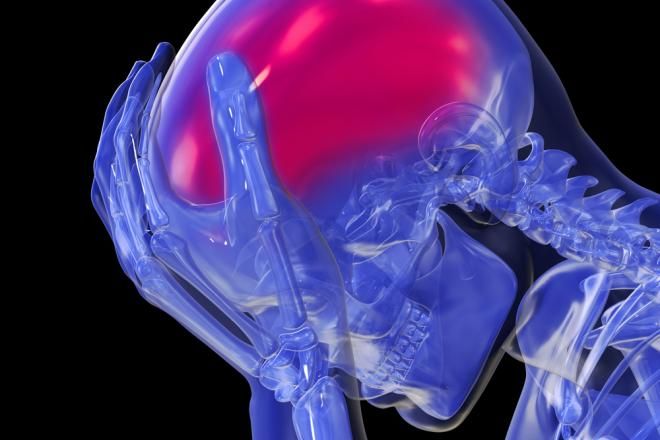High blood pressure, especially in middle age, is associated with an increased risk of cognitive impairment later in life, according to a new statement from the American Heart Association.
The statement, which was published in the American Heart Association journal Hypertension, reviewed multiple studies and provides an overview of what is currently known about how high blood pressure influences brain diseases such as stroke, vascular cognitive impairment and Alzheimer’s disease.
“Many observational studies suggest treating hypertension may reduce the cognitive impact of high blood pressure, especially on vascular cognitive impairment, but observational studies are not designed to prove cause and effect,” said Costantino Iadecola, M.D., chair of the writing committee.
Vascular cognitive impairment describes a range of changes in brain function, from mild to severe, caused by the impaired flow of blood to the brain.
“We know treating high blood pressure reduces the risk of heart diseases such as heart attacks, congestive heart failure and stroke, and it is important to continue treating it to reduce the risks of these diseases. However, we need randomized controlled studies – which do prove cause and effect – to determine if treating high blood pressure, especially in middle age, will also decrease the risk of cognitive impairment later in life,” Iadecola said.
Most of the clinical trials the writing committee reviewed did not directly investigate the effect of high blood pressure on cognition, which made it impossible to draft a statement that would give healthcare providers guidance on how to treat patients with dementia, Iadecola said, who is also Anne Parrish Titzell Professor of Neurology and director of the Brain and Mind Research Institute at Weill Cornell Medicine.
One of the issues researchers face is that there are years between the time a patient has high blood pressure and when the cognitive problems arise, so long-term studies addressing questions such as when to start treatment aimed at protecting the brain, the level of blood pressure that should be achieved and which medications are recommended is difficult to pinpoint.
Dementia, one of the most common neurological disorders, affects an estimated 30 to 40 million people worldwide. The number of people with dementia is anticipated to triple worldwide by 2050 due to the aging of the population, shifts in demography and lack of treatments, with an associated cost exceeding $1.1 trillion.
The two leading causes of cognitive impairment are Alzheimer’s disease and vascular cognitive impairment, which account for approximately 80 percent of cases. Often, patients suffering from dementia have a mixture of the two.
“The SPRINT-MIND trial, a new study that is designed to evaluate the role of treating high blood pressure relative to cognitive impairment, may provide answers to some of the outstanding questions about treating high blood pressure relative to reducing the risk of cognitive impairment,” said Iadecola.
Until then, Iadecola recommends treating high blood pressure on an individual basis in patients to protect brain, heart, and kidney.















